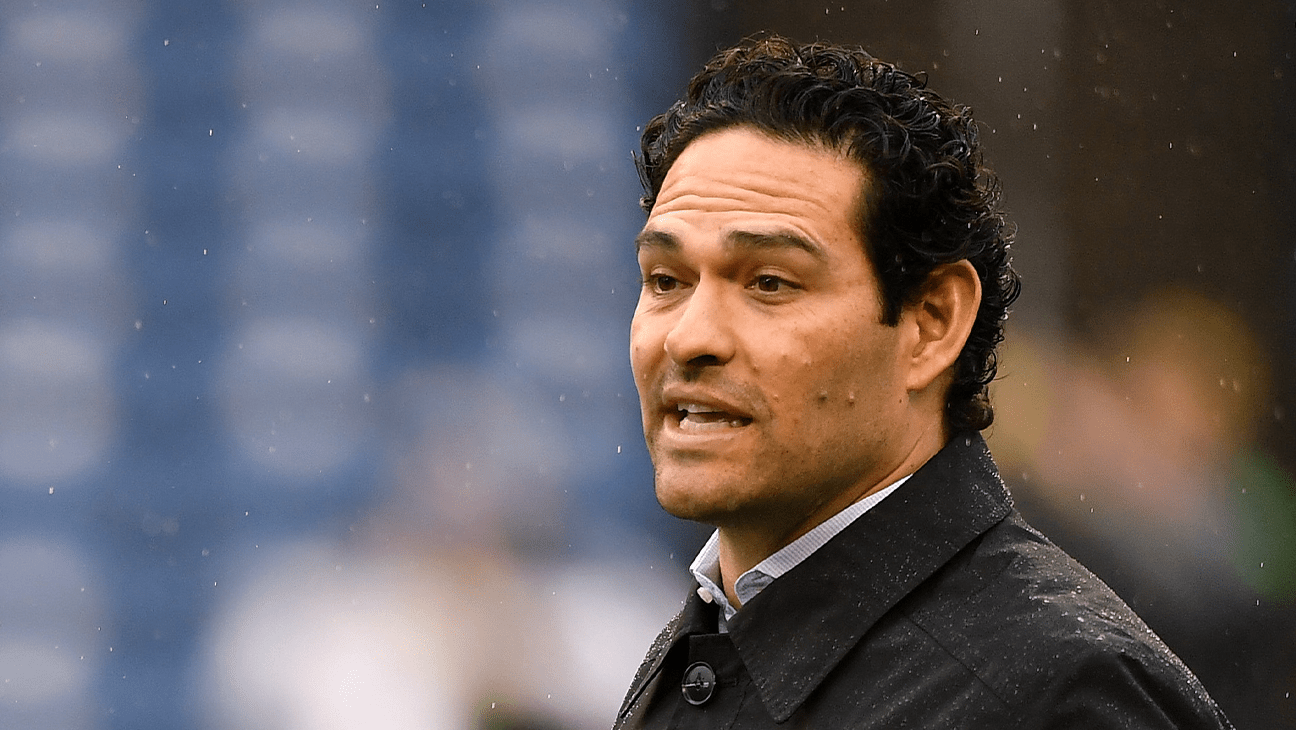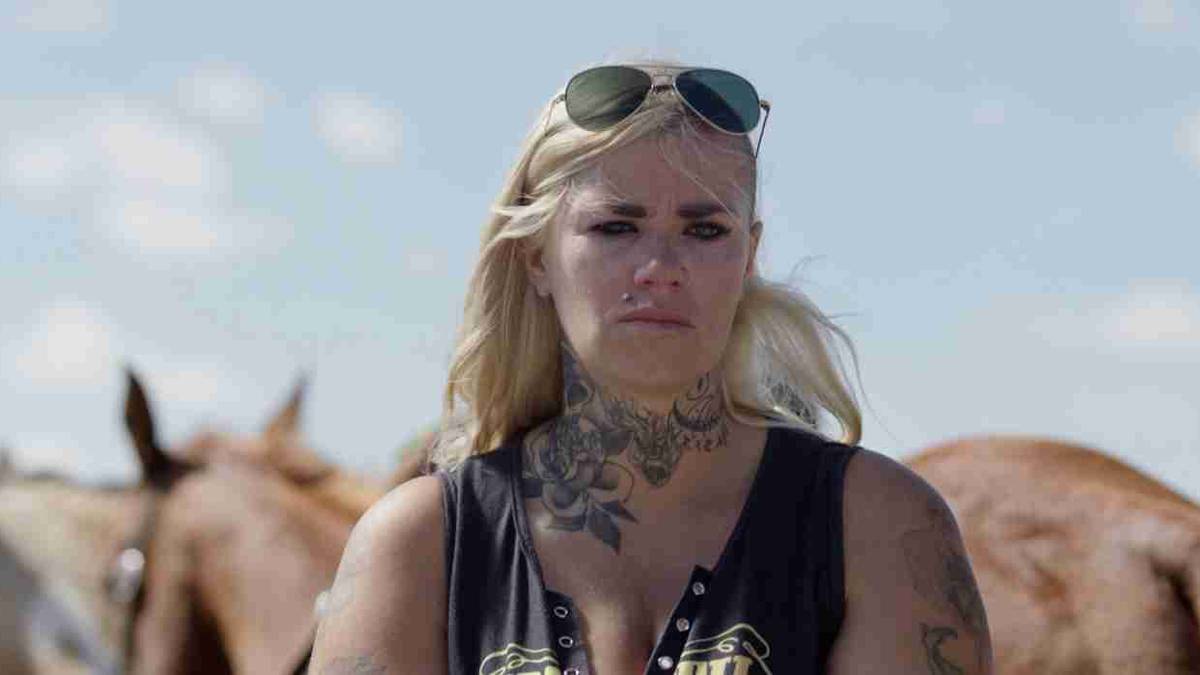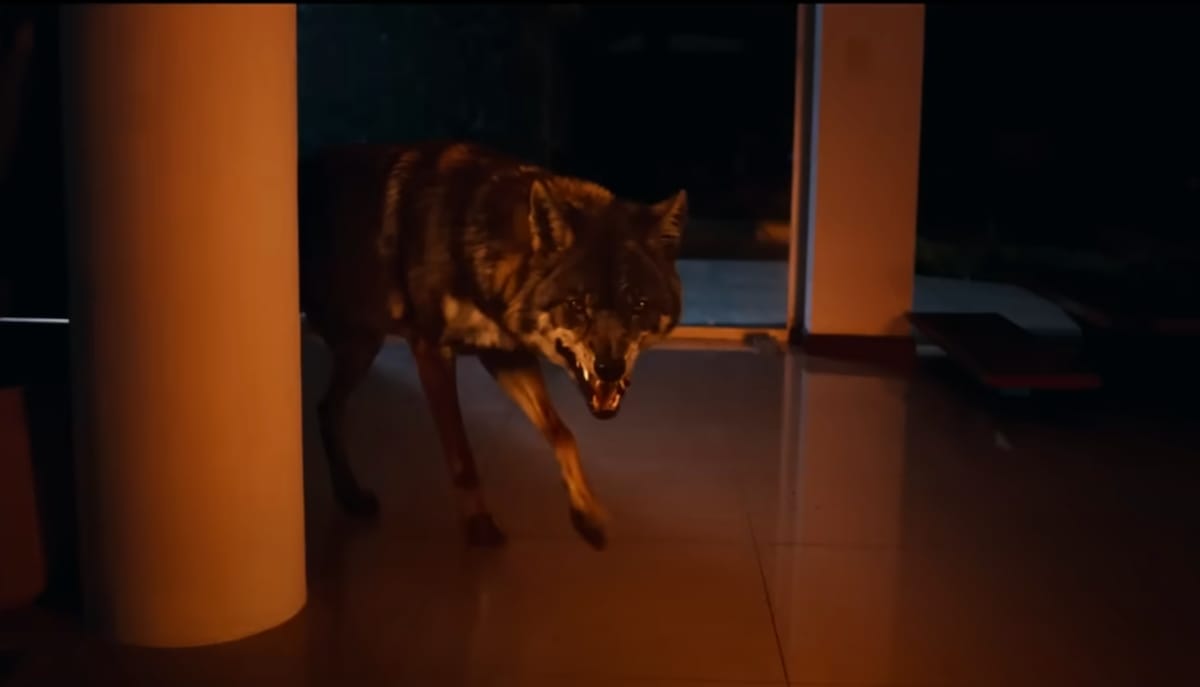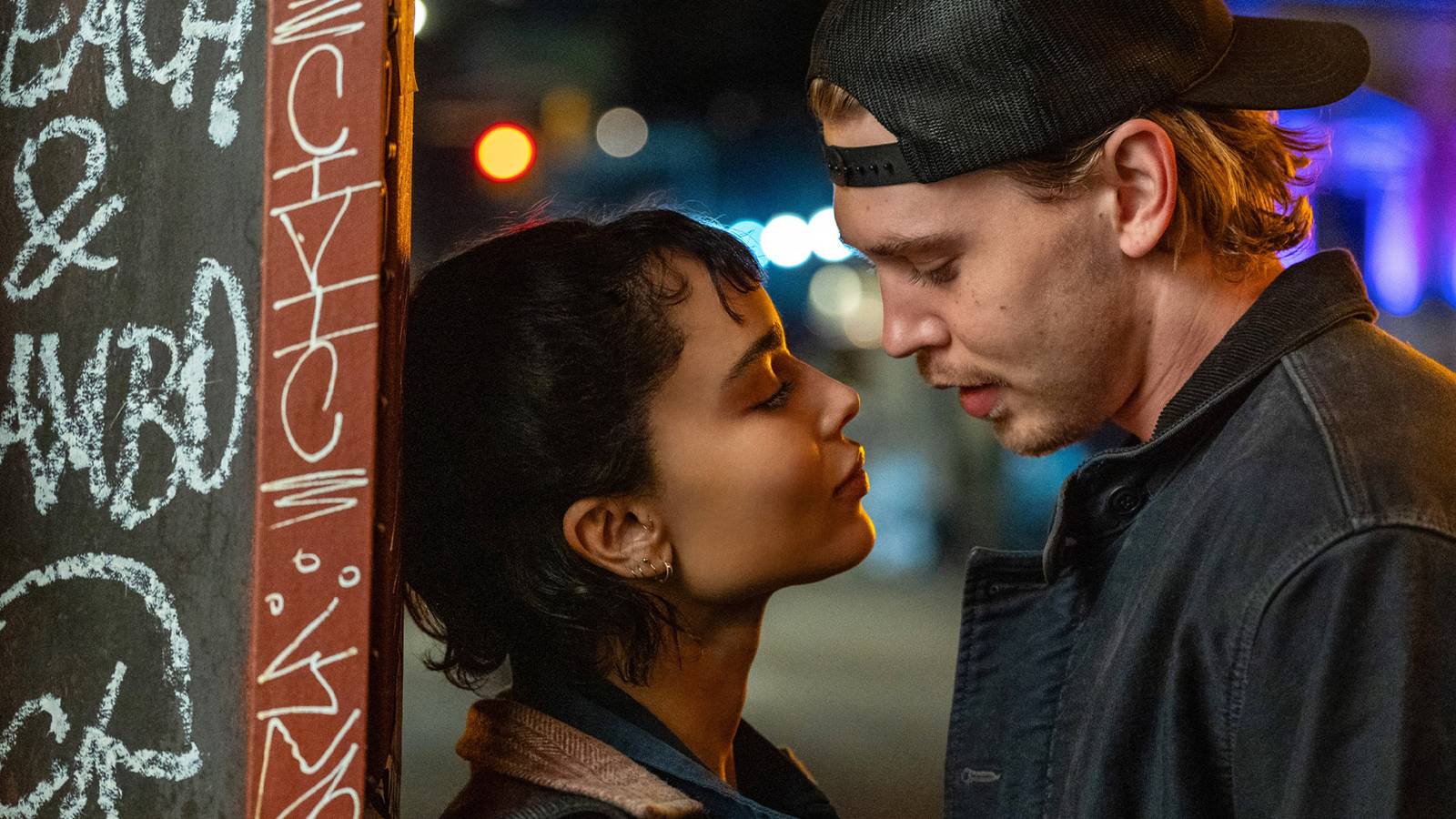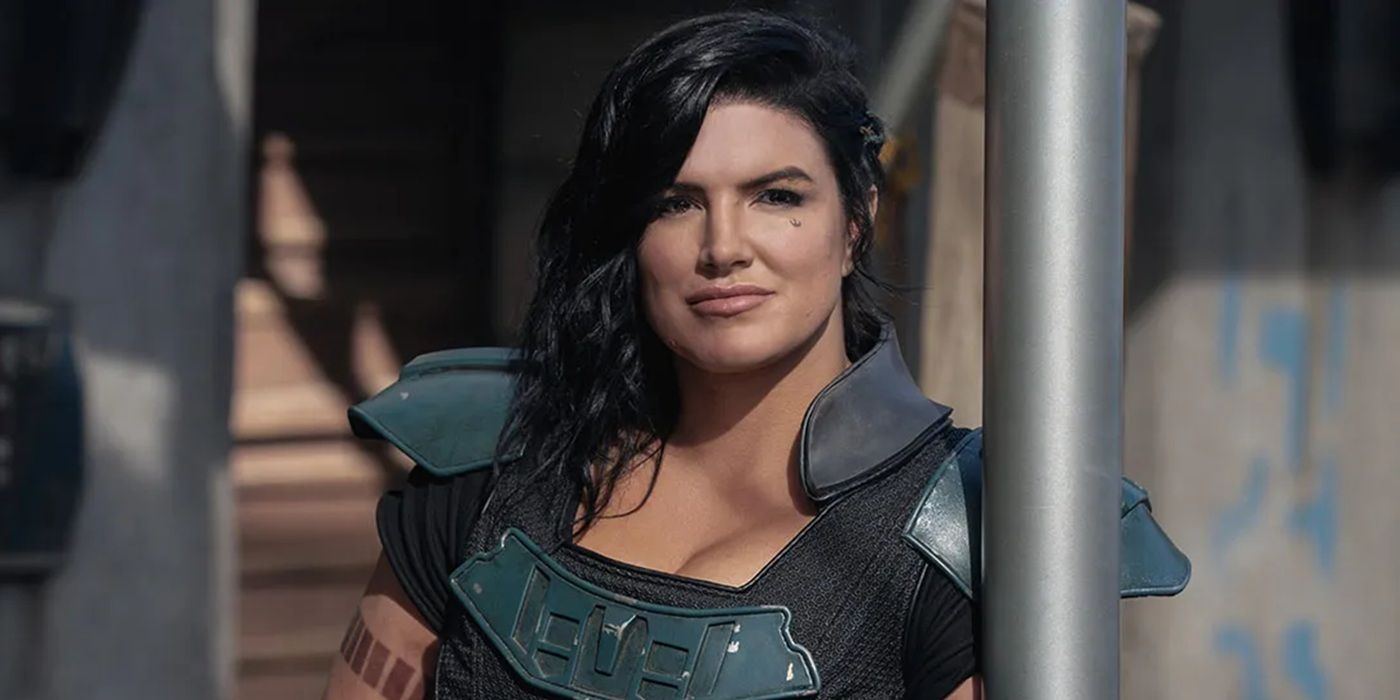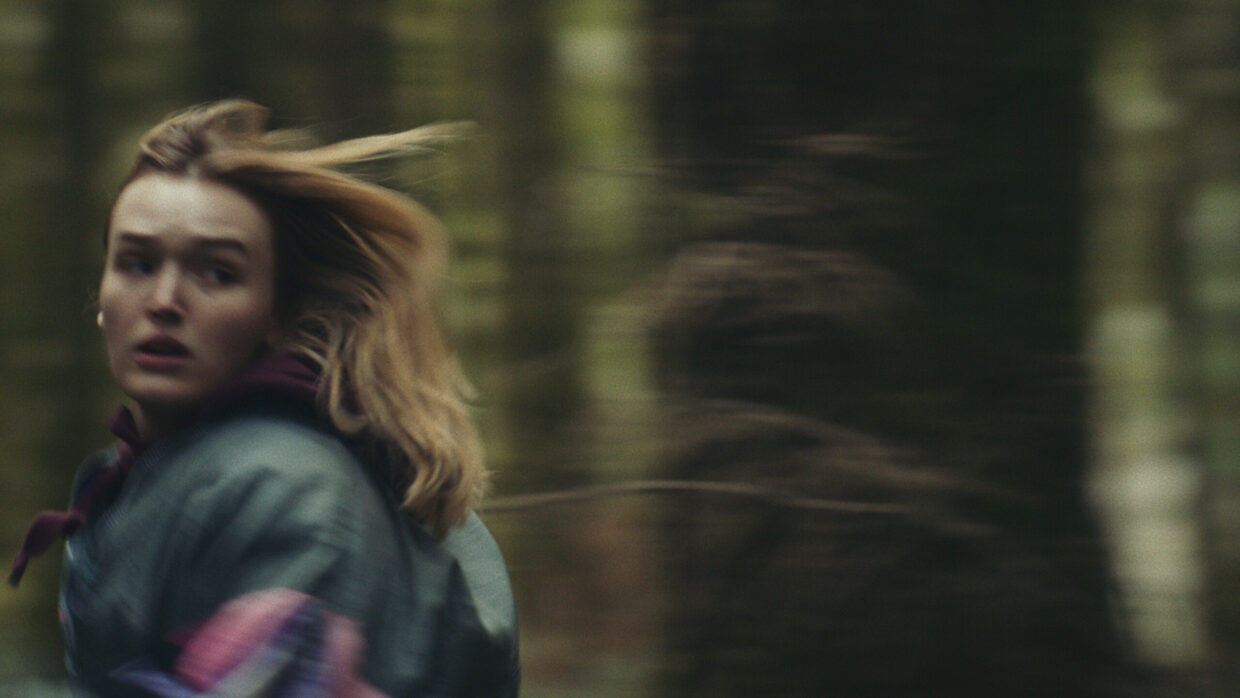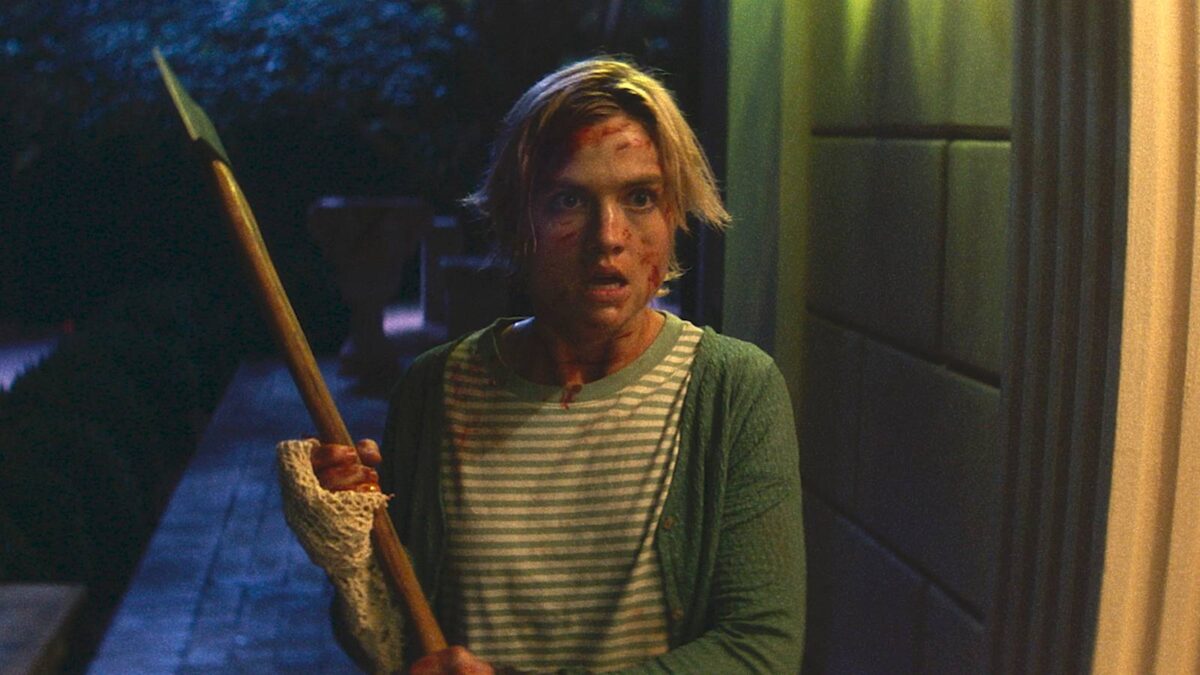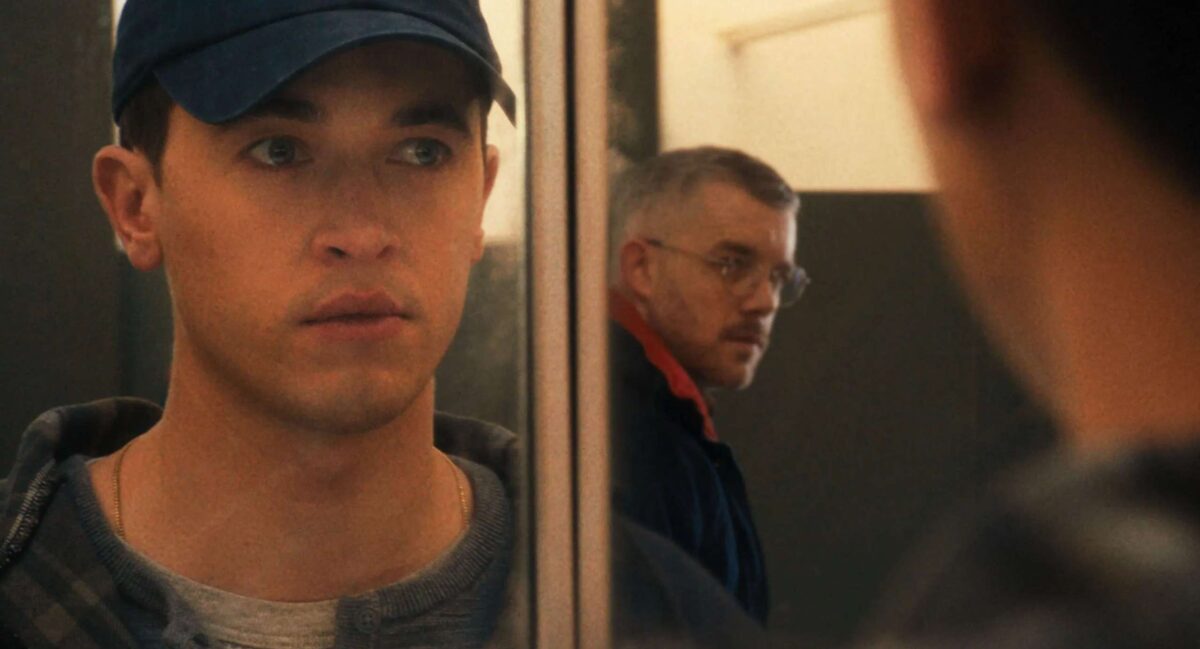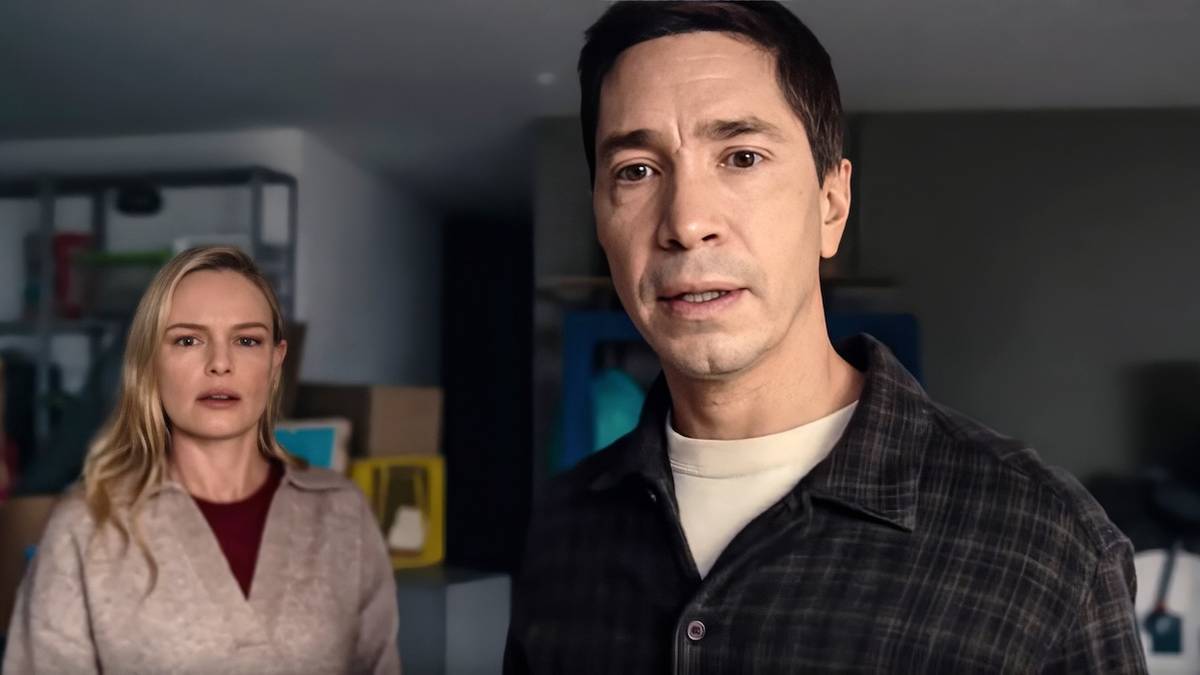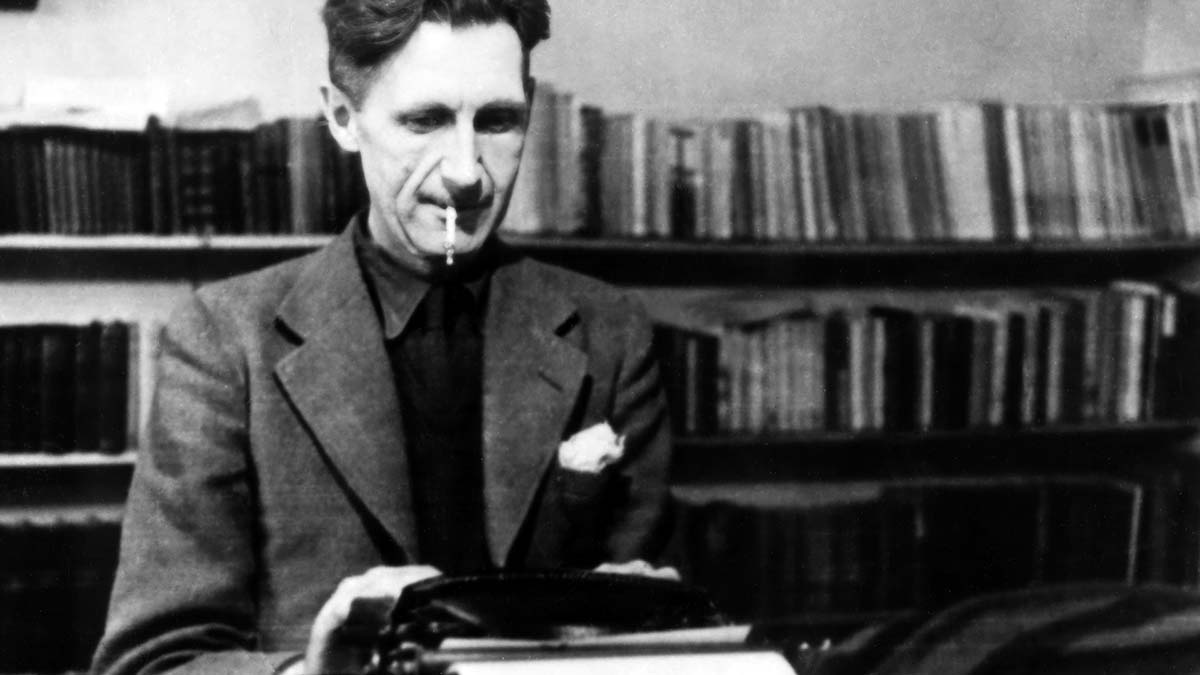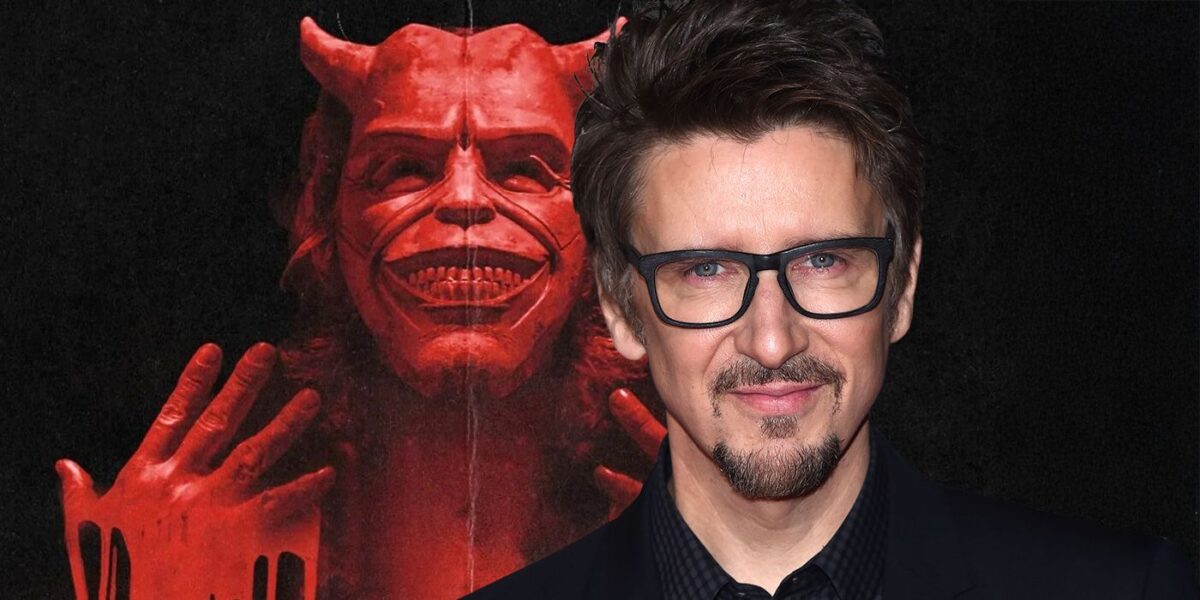
Scott Derrickson Promises a Bigger Bloodbath in ‘Black Phone 2’
Jun 2, 2025
Summary
Director Scott Derrickson chats with Perri Nemiroff about Black Phone 2.
Derrickson promises a bloodier, more violent sequel.
He also teases how Mason Thames and Madeleine McGraw’s roles evolve this time around, and discusses the process of crafting that gruesome look at The Grabber in the trailer.
Blumhouse’s The Black Phone became an unexpected horror genre gem back in 2022, delivering terrifying scares to a breath-holding global audience and earning ten times its reported production budget in the process. This then led to the in-canon short film Dreamkill, a part of the anthology film V/H/S/85, and the unsurprising news that such a triumph had sparked a sequel. Now, three years later, that sequel is almost here, and the movie’s millions of fans are ready to indulge in more chilling greatness. Once again directed and co-written by the great Scott Derrickson, also known for his work on Sinister and Doctor Strange, Black Phone 2 features a stellar new and returning cast that includes Ethan Hawke’s reprisal of the sadistic killer, The Grabber; Mason Thames, Madeleine McGraw, Jeremy Davies, and Miguel Mora, among others. The movie is set for an October 2025 release, perfectly timed to coincide with the spooky celebrations of the devil’s favorite month. In celebration of the release of the film’s first trailer, Collider’s Perri Nemiroff got to chat with Derrickson to discuss all things Black Phone 2, including the timeline between the first and second installments, what it was like crafting The Grabber’s new look, delivering a bloodier sequel, the biggest challenges of his filmmaking career, and more.
There Will Be a Significant In-World Gap Between the First and Second ‘Black Phone’
“This movie takes place four years after the first film.”
PERRI NEMIROFF: Did you have a break story moment when developing the sequel script, something you came up with along the way that convinced you that it was worth going around again with this concept? SCOTT DERRICKSON: That’s a good question. It was a process, really. As soon as the first movie was a hit, Universal was asking me to make a sequel, hoping I’d make a sequel. I didn’t feel obliged to do that, but I certainly wasn’t going to do it if I didn’t have a reason to do it beyond any kind of cash grab. So I was looking for an idea, and Joe Hill emailed me a pitch for a sequel. Some of it I didn’t respond to, but there was an idea within that email that I thought was fantastic that I had never thought of. So, I started to noodle on that idea. Then, really, what made me decide to go ahead and commit to making a sequel was that I realized if I went and made another movie first and didn’t go straight into a sequel, which I’m sure everybody would have liked, if I waited and made another movie first, then these kids would be in high school. Mason [Thames] would be 17, and Madeleine McGraw would be 15. That became a very exciting prospect to me to be able to continue with these characters, but in a really different phase of their lives, both as characters and as actors. These kids would really be in high school, and we’d make a high school coming-of-age horror film as opposed to a middle school movie. Once I had that idea, I think that’s when I committed to doing it. I’ll lean into the age gap. How does them being teenagers change their fight against The Grabber this time around? DERRICKSON: Their fight against The Grabber is very different because the circumstances are so different than in the first film. What’s interesting to me about the age difference is that the movement from middle school age to high school age is maybe the most traumatic single change you go through in your life. You really enter a different universe of understanding and emotions and feelings and friendships and relationships, everything, when you move from middle school into high school. I also think that some of the things that you feel when you’re in high school at that age are some of the most powerful things you feel in your life. So, that age is really interesting to me. I haven’t really explored high school in a film before. You’ve got characters who are more mature, have more experience, and more emotions to grapple with, but they’re also characters who dealt with a lot just a few years earlier. This movie takes place four years after the first film, and that means much more dramatic emotions and stakes, even, for their encounter with the supernatural terrors of the emotion. How do the supernatural terrors evolve? Of course, The Grabber did not make it through the furst movie, so how does that change what they’re up against? DERRICKSON: Well, that’s a spoiler question. I’m not going to answer any specifics of that, but you can gather and infer whatever you like from the trailer. There’s a lot there, without giving away too much of the story.
Scott Derrickson Promises More Bloodshed in ‘Black Phone 2’
“It’s more violent. It’s bloodier.”
How would you define the two films? Of course, you want to continue the story, but you also want the second film to have a different feel, so is there any unique descriptor you’d apply to Black Phone 2?
DERRICKSON: There’s definitely a different thematic thing going on, but I think that it goes back to what I said initially. I think the first Black Phone is more of a supernatural thriller than it is a horror film. I’ve always thought that. It’s classified as a horror film because of some of the extremities it gets into. But when you make a high school horror film of any kind, there’s a certain expectation for it to satisfy an audience’s desire for some elevated, escalated horror. So, this film is more graphic. It’s more violent. It’s bloodier. There’s a severity and extremity to it that goes beyond the first movie. It’s definitely a horror film. Another thing I was curious about is how the sequel narrative splits time between Finney and Gwen, because they were largely on separate missions last time. Are we in for the same type of narrative format in film two? DERRICKSON: I don’t think I’m giving anything away by saying no, they’re not separated. One of the rather strange achievements, really, of the first movie is that Finn and Gwen spend so much of the movie apart, and yet the bond between them is one of the more powerful aspects of that movie. When I went to write the sequel, I really tried to take that into account in a realistic way, who these two would continue to be toward each other, having experienced what they experienced in the first film. How would they be carrying those events into their high school years? They had very different experiences, and they’re carrying those events very differently, but they’re very bonded and would continue to be very bonded. They have a lot that happens that they’re in together much more than in the first film. In addition to the characters getting older, you also referenced that Mason and Madeleine have evolved a lot as actors. Can you tease something you were able to accomplish with their characters only because of how they’ve honed their skills as actors over the last few years? DERRICKSON: Honestly, with both of them, I never had to do a lot of directing other than I just talked to them like adults, even when they were in middle school. I always spoke to them like I would any really good, solid adult actor. I talked to them about the intentions of the scene and what the character might be processing, and I would only do that if I had done a take or two and thought that they could use that information. Most of the time, I don’t have to tell them anything. They’re just such good actors. Part of the appeal of doing the sequel was to be able to return to working with those kids. And Miguel Mora, also, who played Robin, is in this. Mason is going to be a big star, from How to Train Your Dragon, and then this movie. He’s such a smart, sophisticated kid, who doesn’t seem very interested in celebrity, doesn’t really seem to be drawn to the trappings of being a big-time actor. He just loves acting. He’s really worked at it. So has Miguel Mora and so has Maddie. So, the result was even less direction, to be honest. The only thing I would always do is if a scene required extreme emotional output, I’d give them fair warning. I’d say to Madeleine, “Hey, on Thursday, we’re shooting this scene, and you’re going to have to really come apart at the seams. I just want you to be ready for that.” That was always a bit daunting for them, but it always worked, as they would always come to set ready to emote in some pretty extreme ways, and that’s all on film.
The Process of Crafting The Grabber’s Face is Meticulous
“The process of looking at artwork is always one of shaping and whittling down.”
Image via Universal Pictures
I have to ask about two particular scenes from the trailer. The one that caught my eye big time was that bloody phone booth shot. Can you tease what might be going on in there, and also share a little something about what it takes to film something like that? DERRICKSON: I’m not going to say anything specifically about it. I think the mystery of that image in the trailer plays really great. What I like about the trailer is that it doesn’t give much away story-wise, which I think people appreciate more often than not, but it does feel like the movie, and there is plenty that you can infer from watching it. That was an idea that I had that I wasn’t sure was going to even work when I conceptualized it. I will say that there’s more to that moment than what you see in the trailer. Another thing we’ll have to tread lightly with is when The Grabber rips his mask off. That’s a very shocking design you’ve come up with there. Can you walk me through finding the right look for the state of his face? DERRICKSON: With any in-camera makeup effect, the only way that I ever know to do something like that is to try to envision something as a starting point or find visual references, but to go to a great makeup artist, which we had on this movie, and sort of describe it and then let him work with concept artists and bring the artwork. The process of looking at artwork is always one of shaping and whittling down, like, “I like this. I don’t like this. I like this aspect. I don’t like this aspect. Try again based on that feedback.” You keep going until you’ve got something there, like, “Aha! That’s it. That’s great.” Then the makeup effects department has to go in and actually make that work in a way that is safe and time-efficient.
‘The Black Phone’ is a Project of Childhood Passion for Scott Derrickson
“I poured so much of my childhood and early middle school years into The Black Phone.”
One of the things that struck me most about the first film is that, while it’s super dark and intense, ultimately it’s an inspiring story. What’s the key to crafting a sequel story that does delve back into that darkness, but without necessarily taking away from the hope that the first movie achieved? DERRICKSON: That’s a super incisive question that I really appreciate. Ethan [Hawke], when he saw the first cut of the first movie, he texted me and he said, “This is the first time I’ve seen a horror film that is told from the point of view of love.” And I knew what he meant by that. In the first movie, hope and love are as powerful of forces as fear, which is rare for a horror film. It is. And I was very committed to continuing that in the second one. I think that even though there are some meaner scenes, there are some definitely more violent scenes, there’s more graphic material in this movie, there’s also even more emotional scenes. The emotional stakes of these kids’ lives and what they’re feeling and what it leads to, what they deal with in the course of the movie, is also more extreme. So, I think that all of those aspects of hope and love are also heightened in the film. I wanted to make sure to squeeze in a question about the setting, too, because it is a very different look from the first film. What is Alpine Lake Youth Camp, and why did that feel like the right place to set the sequel story? DERRICKSON: [Laughs] That’s really drawing on my experience as a high schooler. I poured so much of my childhood and early middle school years into The Black Phone. In high school, as I got older, I spent more and more time in the Rocky Mountains. I’d ski every weekend, and I spent a lot of time at these winter camps that they have up there. They’re really incredible experiences. To be in the violence of that weather, the blizzards and all of that, the beauty of the surrounding mountains, to be in several feet of snow all the time, there’s something mesmerizingly powerful about that. I really like to use weather as a character if I have an opportunity to do it, so the winter, Rocky Mountain camp environment was also an inspiration for me to say yes to doing the movie. Of course, you’ve got The Shining that you’re drawing on because that was The Overlook Hotel in Estes Park, Colorado, where they filmed the exterior of that. And, of course, you’ve got the little tradition of camp horror, but it’s almost always summer camp. There aren’t a lot of winter camp movies. I went to both as a high school kid, and it was always the winter camps that were more powerful and memorable. I never thought I’d see The Grabber on skates.
Related
‘V/H/S/85’ Director Reveals the Horror Movie’s Wild Connection to ‘The Black Phone’
Scott Derrickson helmed ‘The Black Phone’ and ‘Dreamkill,’ one of the shorts in the ‘V/H/S/85’ anthology.
You know I’ve been following your work since the very beginning, and I’ve loved seeing your craft evolve from film to film. To lean into that a little, can you tell me a filmmaking first that you achieved making The Black Phone 2? DERRICKSON: That’s a hard question for me to answer because I think every film is a first. Every film is full of firsts! Every time you go to make a movie, you’re trying to achieve something totally specific. It’s not like anything that you’ve made or anything that you’ve seen, hopefully. I think that this is probably the most challenging movie I’ve made in terms of the complexity of the cinematic elements of it and how the cinematic elements are used to actually tell the story. The screenplay that I wrote was very confusing to a lot of people, and I knew that it was going to have to be a really disciplined movie in the way that I made it in order for it to not be confusing as a film. Doctor Strange was the same way. A lot of people didn’t understand that screenplay. But it’s a visual medium, and to be able to write a script that tells everybody what they have to do in preparation to make the sets and light the film the right way, and have the right film stalks, and all of that, you’re, as a director, the only person who can navigate all that and make sure that everything is right. But in the end, hopefully — and I think we’ve achieved it in this movie — you make a visual experience that’s not difficult to assimilate, even though in written words it may have been very difficult to assimilate. So, this movie was very challenging in that respect. Black Phone 2 is scheduled to hit theaters on October 17, 2025.
Black Phone 2
Release Date
October 16, 2025
Director
Scott Derrickson
Writers
C. Robert Cargill, Scott Derrickson
Producers
Jason Blum, Joe Hill, C. Robert Cargill, Christopher H. Warner, Ryan Turek
Publisher: Source link
Erotic Horror Is Long On Innuendo, Short On Climax As It Fails To Deliver On A Promising Premise
Picture this: you splurge on a stunning estate on AirBnB for a romantic weekend with your long-time partner, only for another couple to show up having done the same, on a different app. With the hosts not responding to messages…
Oct 8, 2025
Desire, Duty, and Deception Collide
Carmen Emmi’s Plainclothes is an evocative, bruising romantic thriller that takes place in the shadowy underbelly of 1990s New York, where personal identity collides with institutional control. More than just a story about police work, the film is a taut…
Oct 8, 2025
Real-Life Couple Justin Long and Kate Bosworth Have Tons of Fun in a Creature Feature That Plays It Too Safe
In 2022, Justin Long and Kate Bosworth teamed up for the horror comedy House of Darkness. A year later, the actors got married and are now parents, so it's fun to see them working together again for another outing in…
Oct 6, 2025
Raoul Peck’s Everything Bagel Documentary Puts Too Much In the Author’s Mouth [TIFF]
Everyone has their own George Orwell and tends to think everyone else gets him wrong. As such, making a sprawling quasi-biographical documentary like “Orwell: 2+2=5” is a brave effort bound to exasperate people across the political spectrum. Even so, Raoul…
Oct 6, 2025
